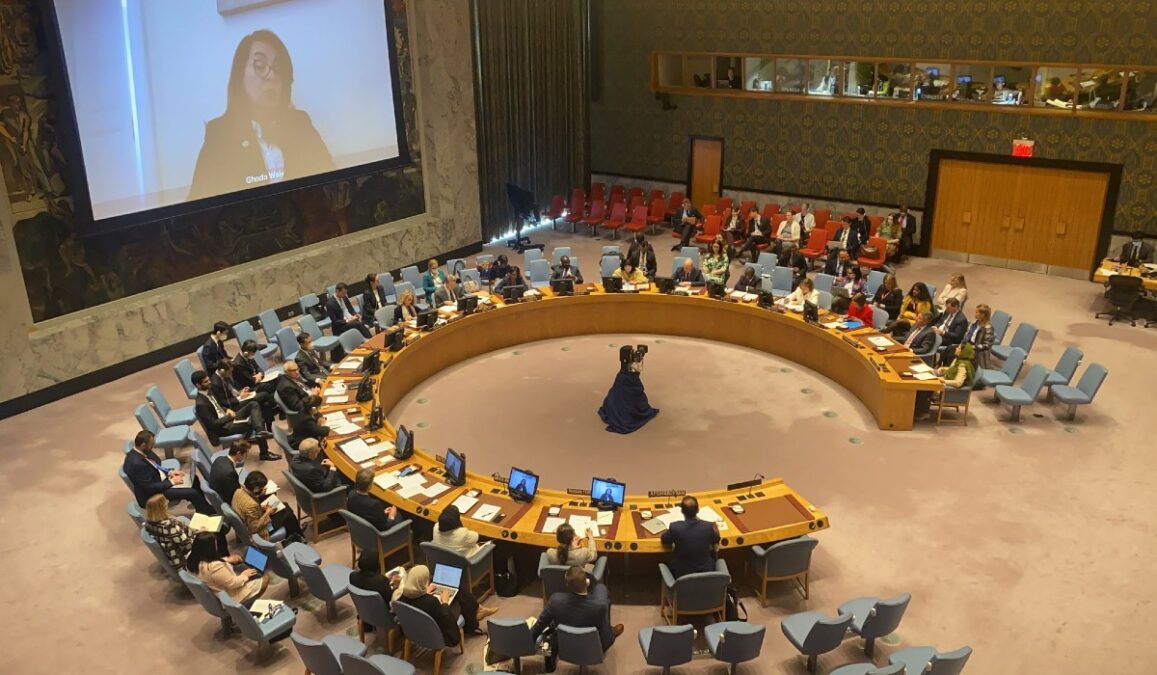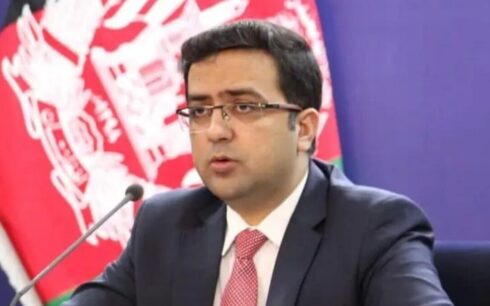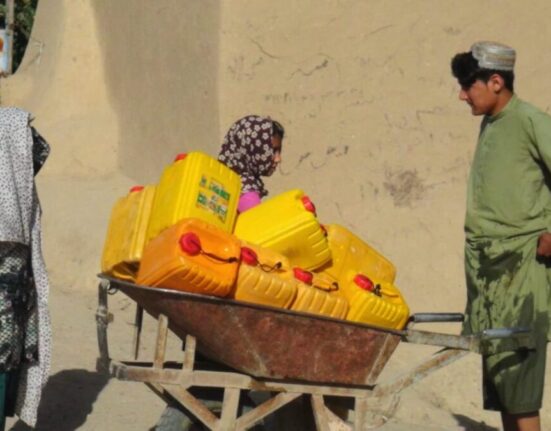One hundred women from Afghanistan have sent 100 letters to the United Nations Security Council, narrating their stories of life under Taliban rule, and appealing for support from the international community in order to regain their rights.
The letters sent to the UN on Monday are aimed at getting the world to take note of their plight. They said the international community has started to forget about the women in Afghanistan.
This comes on the heels of a string of new restrictions imposed on women in Afghanistan by the Taliban who regained control of the country in August last year.
Targeted killings, stonings, lashings, sexual abuse, sexual assault, torture, arbitrary arrests, forced and early marriages, forced hijab, mistreatment and deprivation of education and work are some of the issues mentioned by the women in the letters.
An opportunity to raise their voice
“We want to raise our voice on behalf of oppressed women of Afghanistan,” said Zahra Yagana, one of the letter-writers. “The move is aimed at advocating for women’s rights in Afghanistan as each letter expresses suffering and pain experienced by women.”
“We sent 100 letters from 100 women to advocate for stopping genocide, removal of restrictions on women and stopping forced evacuations,” said a woman activist, Razia Alizada.
International community’s silence
Another activist, Wida, said she wrote a letter to protest against Taliban restrictions on women in Afghanistan.
“The international community and the UN Security Council are silent against restrictions imposed on women and no step has been made so far,” she said.
Women have had a growing list of restrictions forced on them by the Taliban in the past few months and many people are saying they are being erased from society.
In recent months, teenage girls have been banned from attending school, women are being forced to wear full hijab, they are no longer allowed to visit public parks, or go to gym, they also can’t work or run tailor businesses, among other restrictions.
“In fact, we’re seeing that the Taliban’s real face is uncovering gradually,” said Shafiqa Azizi, a women’s rights activist in Kabul.





